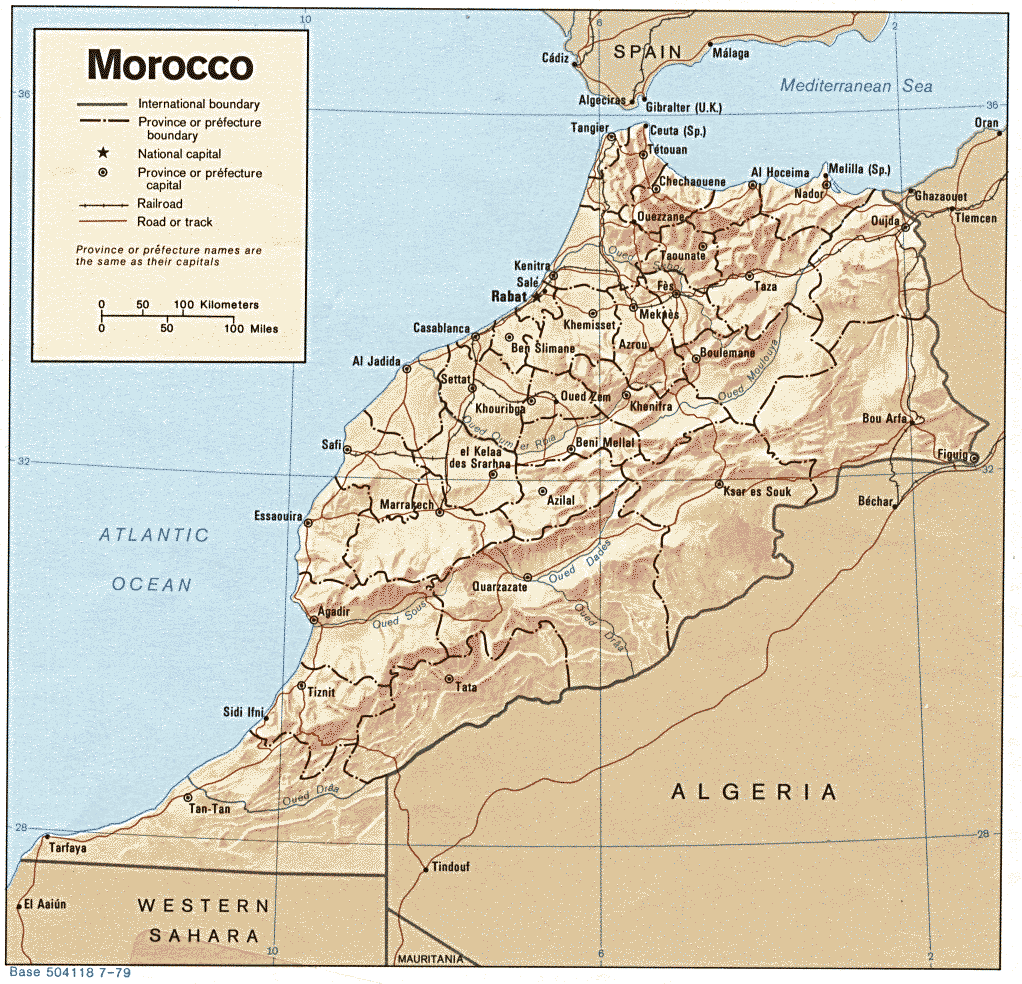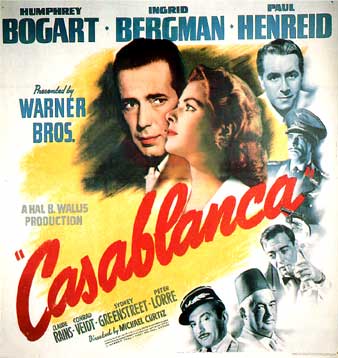Moroccan Muslim dynasties began ruling the area we currently know as Morocco in 788, about a century after the Arab conquest in North Africa. Morocco enjoyed a golden age in the late 1500s and 1600s thanks to Ahmad Al-Mansur, head of the Sa'adi monarchy, who protected the country from foreign invaders. The current royal family of Morocco belongs to the Alaouite dynasty, which dates back to the 1600s.
The 19th and 20th centuries brought forth much change for this little country in the northwest corner of Africa. In 1860, Spain occupied the northern part of Morocco, and Moroccan sovereignty began to weaken. Consequently, in 1912, France established a protectorate over the country, which eventually ended in 1956. The Kingdom of Morocco is currently ruled by King Mohammed VI, who acceded the throne in 1999. Mohammed VI's grandfather, Mohammed V, organized Morocco into a constitutional monarchy.
 In the late 20th century, Morocco experienced significant political form. 1997 brought forth a bicameral legislature, and King Mohammed VI has introduced several human rights reforms. Currently, the country has a moderately free press, although the government has prosecuted journalists critical of it and of Islam. There is political ambiguity regarding the status of Western Sahara as it pertains to Morocco's borders; in the 1970s Morocco annexed the area but its current status is unresolved.
In the late 20th century, Morocco experienced significant political form. 1997 brought forth a bicameral legislature, and King Mohammed VI has introduced several human rights reforms. Currently, the country has a moderately free press, although the government has prosecuted journalists critical of it and of Islam. There is political ambiguity regarding the status of Western Sahara as it pertains to Morocco's borders; in the 1970s Morocco annexed the area but its current status is unresolved. The Arab Spring of 2011 influenced Moroccans to take action against the government. In February 2011, thousands gathered in many of the country's biggest cities to protest government corruption and call for greater democracy. Fortunately, the Moroccan government responded fairly proactively to the protesters. Instead of the violence displayed by governments in other countries at the time, the Moroccan government set up a commission in March to draft a new constitution. King Mohammed VI supported a swift implementation of the constitution, and the country held parliamentary elections in November. The Justice and Development party, a moderate Islamist party, now leads the Moroccan government. As of January 2012, the country has a nonpermanent seat on the UN Security Council.
Courtesy of a 1998 trip to Epcot in Walt Disney World, I have always been interested in Morocco. It seemed like a fun, exotic place to travel to and have adventures in. Learning more about the history has given me a more realistic view of the country, but I still find Morocco just as interesting. And who can forget Bogie and Ingrid Bergman in one of the greatest movies of all time, Casablanca? Morocco, I think this is the beginning of a beautiful friendship.


The extent of my Morocco-related knowledge goes about as far as the film Casablanca, so in general it was interesting to read more about the country's history and current social/political environment. I am actually surprised that the Moroccan government was able to respond so quickly and effecitvely to the local protestors. Sengal, the topic of my own blog, has also recently experienced a breakout of violent political protest. However, it seems like one distinction between Morocco and Senegal is their governments' reactions to such protests, with the Moroccan government taking productive action to minimize complaints, while the Senegalese government seemingly stands by doing very little. I'm curious to learn more about the specific factors that these poltiical differences across countries may be attributable to. Is it a matter of the specific leader in power? The treatment of citizens? The country's political history? Also, do Moroccan citizens seem to be at least temporarily satisfied with the response of their government or will there be more unrest in the near future?
ReplyDelete